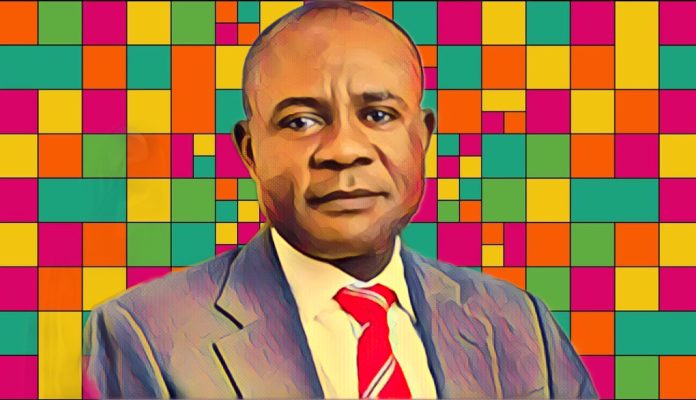Governor Peter Mbah of Enugu State recently declared a bold initiative to address the long-standing issue of erratic power supply by promising that by 2026, the state will not only generate but also distribute its electricity. This move aims to significantly improve the business landscape and economic health of the state, which has suffered under the weight of inconsistent power availability.
To achieve this ambitious goal, Governor Mbah announced the forthcoming establishment of the Enugu State Electricity Regulatory Commission. This body will tackle the legal and regulatory frameworks necessary for the state to generate and distribute power independently. The Governor emphasized that contrary to claims of tax increases, his administration has broadened the tax net to include previously untaxed businesses, highlighting a strategic approach to boosting state revenue without overburdening existing taxpayers.
During a town hall meeting with key stakeholders at the Old Government Lodge in Enugu, Governor Mbah detailed his vision. He underscored the crucial role of electricity in industrial development and assured that the state would engage with the private sector to realize this vision. By building new transmission lines and handling power distribution, Enugu State aims to provide a reliable electricity supply to both businesses and households, enhancing the state’s attractiveness for investment and improving the quality of life for residents.
In addition to tackling the power supply issue, Governor Mbah also laid out ambitious plans for the education sector. He discussed the ongoing construction of 260 smart schools across the state’s 260 wards, a project slated for completion in 2025. These schools represent a significant leap towards modernizing education in Enugu, offering a blend of compulsory and free education spanning 12 years for every child born in the state. This initiative promises to transform the educational landscape from traditional chalkboards to digital smart boards, with pupils benefiting from notepads instead of notebooks, marking a substantial shift towards integrating technology in education.
Governor Mbah’s administration is not stopping at education and power supply. The health sector is also receiving significant attention, with plans to construct 260 Type II Health Centres across the state. With 30 of these projects already awarded and 100 more in the pipeline, these centers are poised to drastically reduce the state’s high maternal mortality rate, which Governor Mbah described as unacceptable. Furthermore, the state has increased the intake of nursing students and is revitalizing nursing schools, indicating a comprehensive approach to improving healthcare services.
These initiatives reflect Governor Mbah’s holistic vision for Enugu State, one that addresses critical infrastructure needs while laying the groundwork for sustainable development. By tackling the power supply challenge head-on, enhancing educational facilities with modern technology, and improving healthcare services, Governor Mbah’s administration is setting the stage for a transformed Enugu State. The focus on creating a conducive environment for businesses and improving the quality of life for its residents could very well make Enugu a model state in Nigeria, demonstrating the profound impact of visionary leadership and strategic planning.



